FB Roundup: Pernod Ricard, Lego Group, Gebruder Weiss
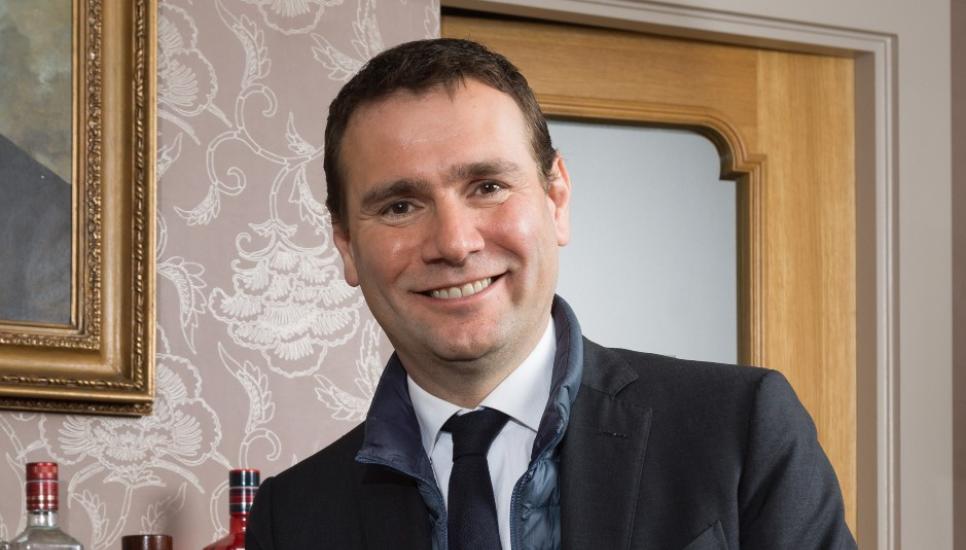
Pernod Ricard goes upmarket in acquisition and distribution strategy
Pernod Ricard, the French third-generation wines and spirits giant, is set to acquire a majority stake in a family-owned premium Columbian rum as part of its “Transform and Accelerate” strategic plan.
Pernod Ricard also embarked on a collaboration with Lafayette Imports, a new company founded by Biggar and Leith partners Elwyn Gladstone and Mark Teasdale, to boost its “super-premium” branding in the United States.
Alexandre Ricard (pictured), 48, is the chairman and chief executive of Pernod Ricard and the grandson of industrialist Paul Ricard who created the eponymous brand of anise in 1932.
The Paris-headquartered company agreed to acquire a majority stake in La Hechicera (“The Enchantress”) for an undisclosed size and sum. The Colombian “ultra-premium” rum was launched in 2012 by Miguel and Laura, members of the long-established spirit-producing Riascos family, along with their friend Martamaria Carrillo. The family has been in the rum business for three generations with their company Casa Santana Ron y Licores.
The acquisition and distribution deals were the latest steps taken in the Pernod Ricard’s Transform and Accelerate strategy. Ricard and the family business were stung by criticisms from activist fund Elliott Management, which held a 2.5% stake, over shareholder returns and governance in late 2018.
 Sales for the financial 2020 totalled €8,448 million, a 9.5% slump year-on-year, as coronavirus restrictions impacted hospitality and travel retail.
Sales for the financial 2020 totalled €8,448 million, a 9.5% slump year-on-year, as coronavirus restrictions impacted hospitality and travel retail.
For the 2021 financial year, Ricard said the company expected continued “uncertainty and volatility”, particularly relating to sanitary conditions in the Covid-19 age and their impact on social gatherings, as well as challenging economic conditions.
“We anticipate a prolonged downturn in travel retail, but resilience of the off-trade in the USA and Europe and sequential improvement in China, India and the on-trade globally,” the third-gen principal said.
“We will stay the strategic course and accelerate our digital transformation while maintaining strict discipline, with clear, purpose-based investment decisions. We will harness our agility to adjust fast to capture new opportunities.”
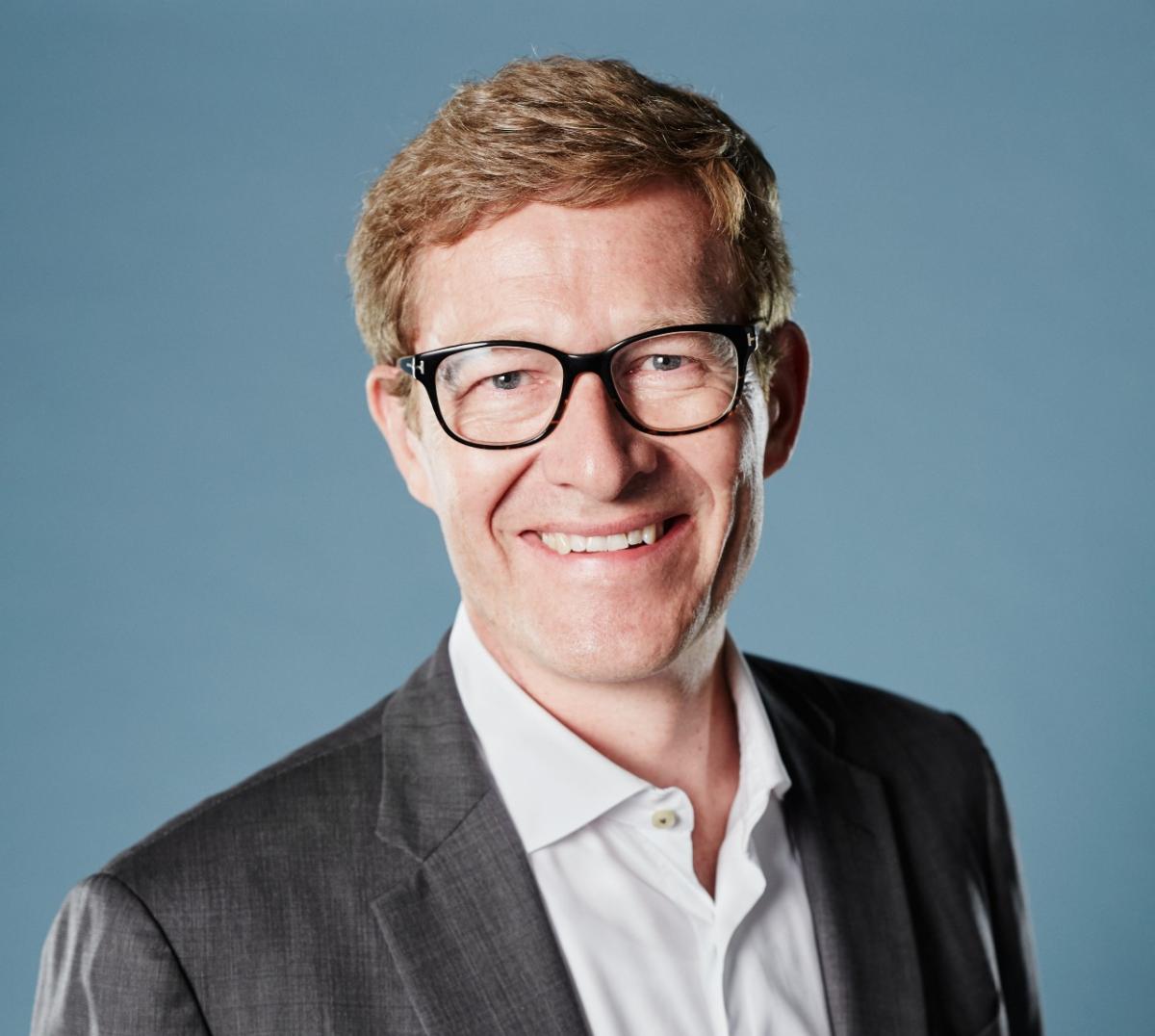 Locked down families build Lego’s fastest sales growth in five years
Locked down families build Lego’s fastest sales growth in five years
The family-owned Danish toy giant Lego is boosting its investment in digitalisation across the entire business after e-commerce and new products catapulted sales while consumers stayed at home.
The Lego Group reported its revenue for 2020 grew a remarkable 13% over 2019 to DKK 43.7 billion ($6.9 billion) and consumer sales soared 21% over the same time. Operating profit was DKK 12.9 billion ($2.037 billion), up 19% compared to 2019. The operating upswing helped off-set the increase in shipping costs that stemmed from the temporary closures of Mexican and Chinese factories.
The brand’s global market share grew globally and in its 12 largest countries. Consumer sales in all market groups grew double digits, with especially strong growth in China, the Americas, Western Europe and Asia-Pacific.
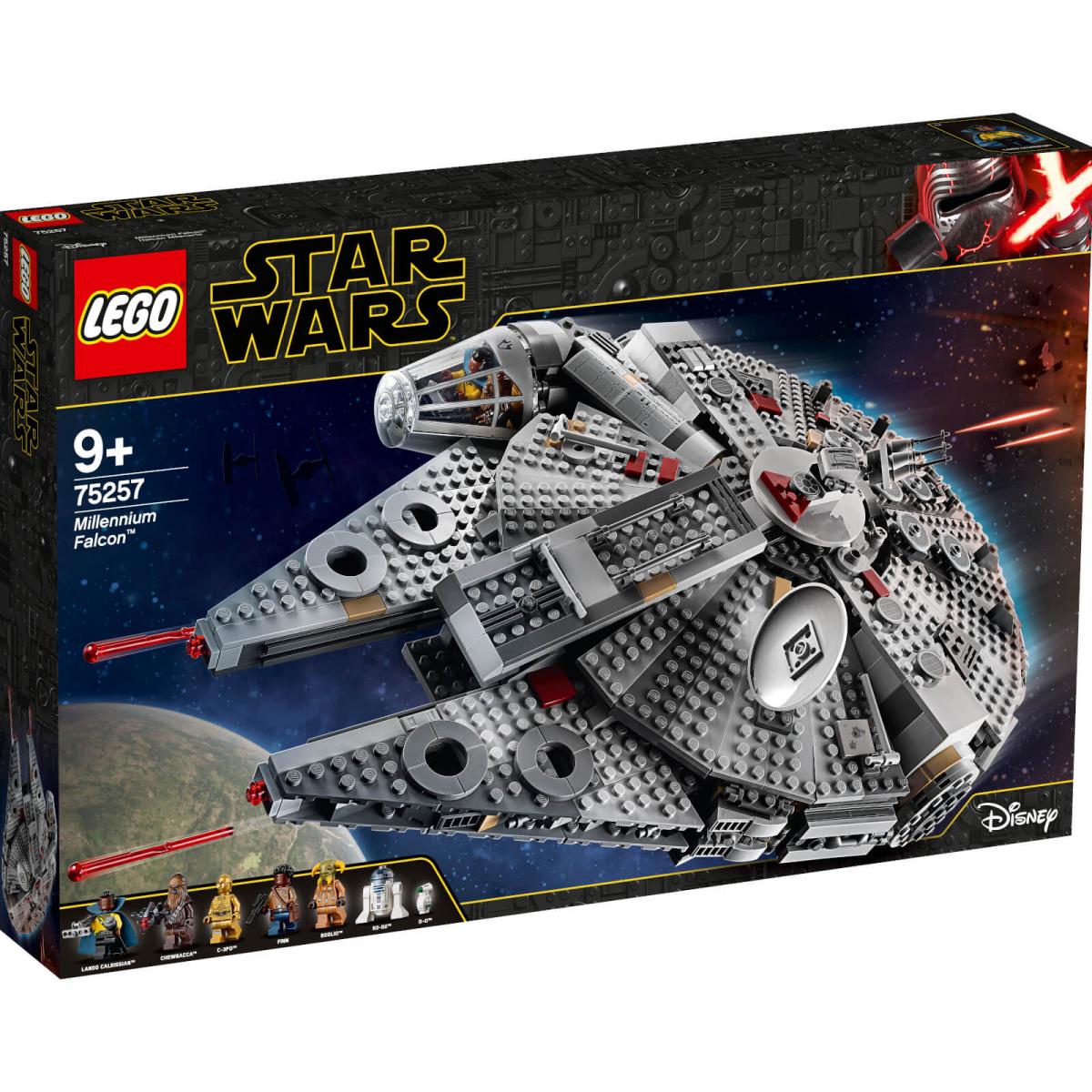 The 2020 results contrasted with the dark days of 2003 when the family business was $800 million in debt. Licensing and co-branding toys, video games and feature films with the likes of Star Wars and Harry Potter franchises helped pull the group back from the brink of bankruptcy.
The 2020 results contrasted with the dark days of 2003 when the family business was $800 million in debt. Licensing and co-branding toys, video games and feature films with the likes of Star Wars and Harry Potter franchises helped pull the group back from the brink of bankruptcy.
Niels Christiansen (pictured), 54, has served as the non-family chief executive of the Kirk Kristiansen family-owned Lego Group since he transferred from the Clausen family-owned engineering giant Danfoss in 2017.
“For the past two years we’ve made large-scale investments in initiatives designed to support long-term growth,” Christiansen said.
“In 2020, we began to see the benefits of these, especially in e-commerce and product innovation. We will further increase investments during the coming year with a continued focus on innovating play, our brand, digitalisation and developing an omnichannel retail network.”
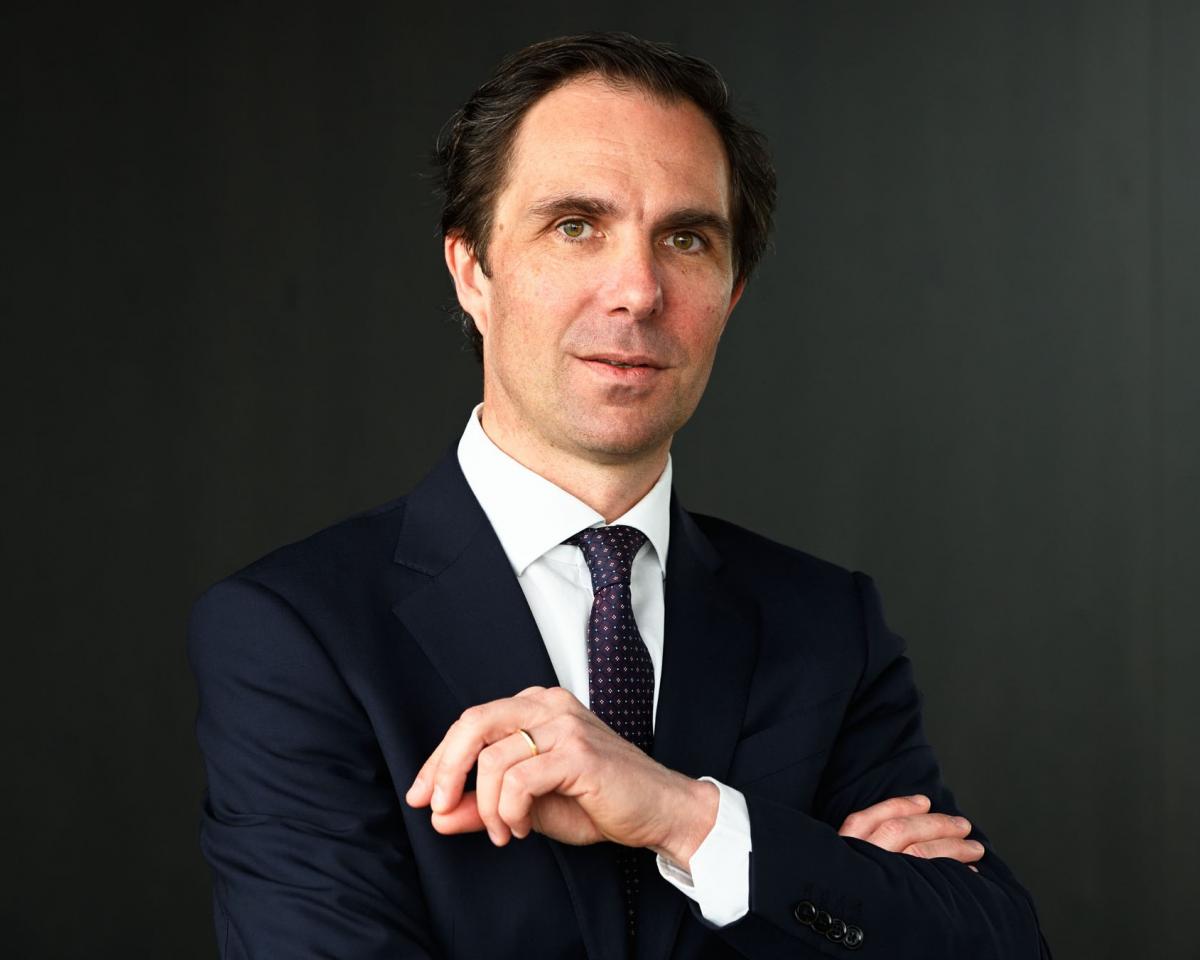 Gebruder Weiss profits in combining physical and digital innovation
Gebruder Weiss profits in combining physical and digital innovation
The family principal of Gebruder Weiss, the world’s oldest transport and logistics company, says its digital and physical “best of both worlds” strategy has paid off during the pandemic.
The Austrian group, wholly owned by the Senger-Weiss and Jerie families, posted net sales of €1.77 billion ($2.077 billion) in its 2020 financial year, up 3.7% on 2019.
Chairman Wolfram Senger-Weiss (pictured), also the chief executive since 2019 and a board member since 2005, said the key to the company’s resilience was it remained flexible and fully operational during the Covid-19 crisis at all its locations worldwide.
“We retained our ability to provide the transport solutions our customers need, despite repeated lockdowns and global cargo space shortages,” Senger-Weiss said.
“Our employees have performed outstanding work under difficult conditions.”
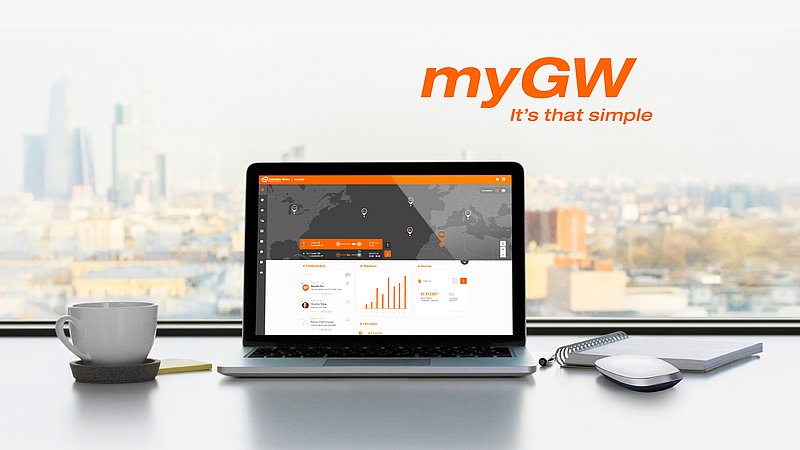 The company reached a milestone in its ongoing digitalisation when it launched the new customer portal myGW in Austrzia, Germany, Switzerland, Hungary, Slovakia and the Czech Republic in 2020.
The company reached a milestone in its ongoing digitalisation when it launched the new customer portal myGW in Austrzia, Germany, Switzerland, Hungary, Slovakia and the Czech Republic in 2020.
“Our digital strategy, ‘Best of Both Worlds'—by which we mean the combination of physical and digital competence—has proven itself above all during this crisis,” Senger-Weiss said.
“We have been able to underscore our reputation as a reliable and innovative logistics partner. The positive customer feedback has reaffirmed our strategic direction.”
In the year which highlighted the need for robust supply chains, Gebruder Weiss expanded its air and sea freight divisions. The family business opened new locations in Germany and entered the markets in Poland, South Korea, Malaysia, Australia and New Zealand.
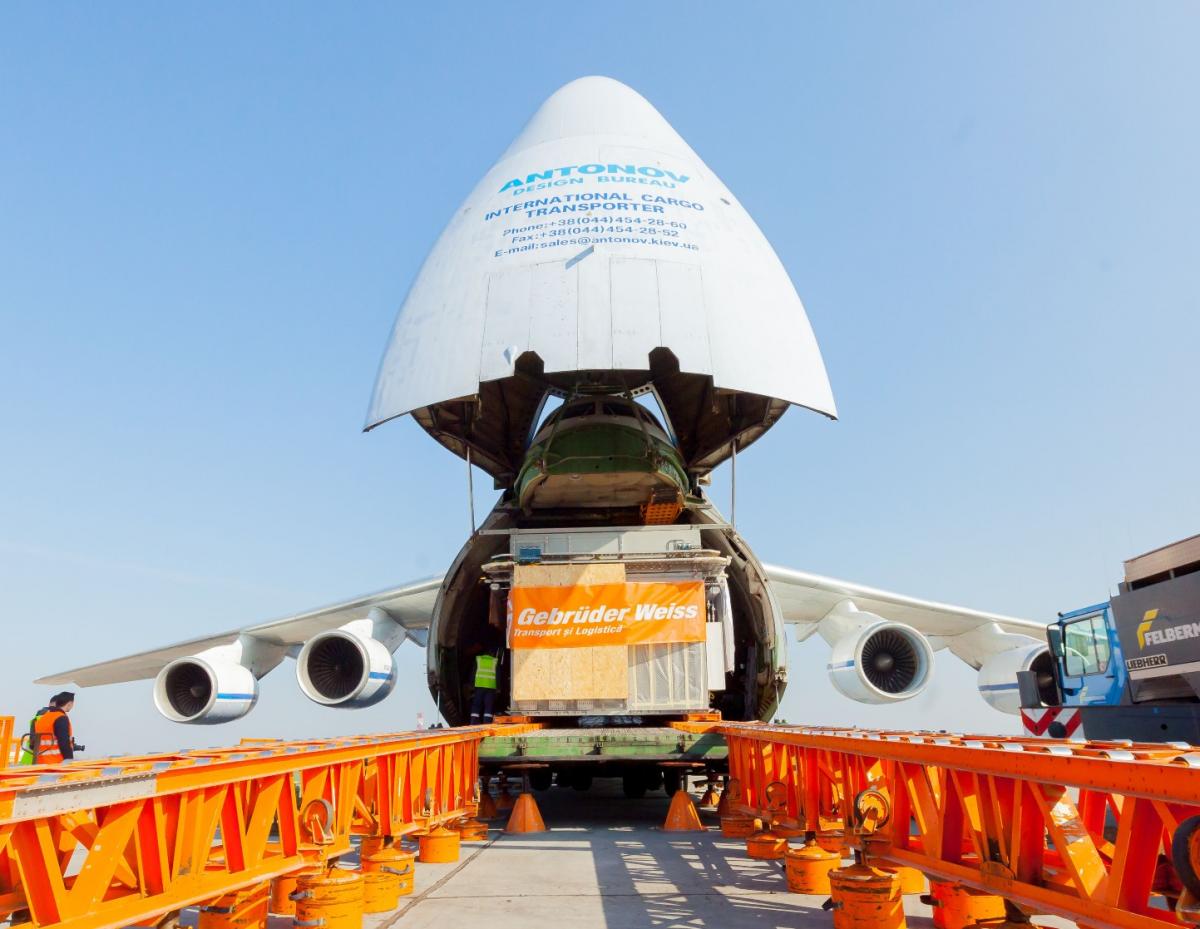 “Given the restrictions on travel, the expansions were all implemented remotely,” Senger-Weiss said.
“Given the restrictions on travel, the expansions were all implemented remotely,” Senger-Weiss said.
“This involved daunting challenges for the various teams—which they managed well using digital communication tools.”
The international network now comprises a workforce of 7,400 employees, full-time equivalent, at 170 locations in 35 countries. The logistics company invested more than €70 million ($82.2 million) in expanding and extending its terminal network and in IT infrastructure, as well as in acquisitions.







